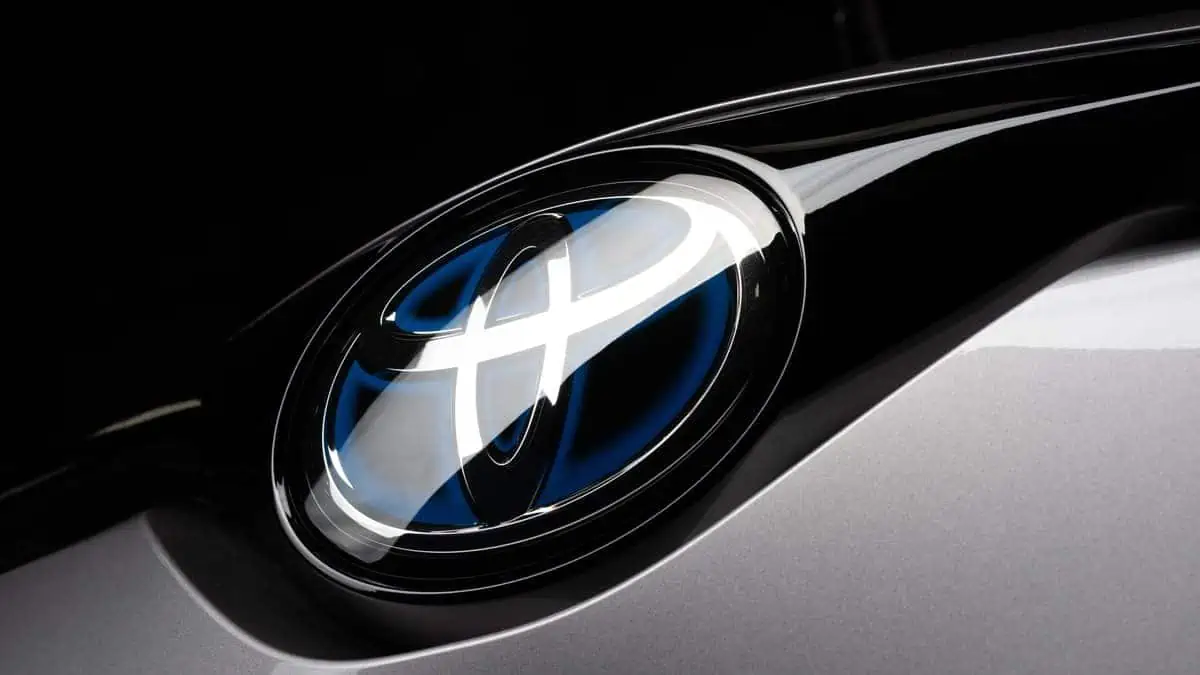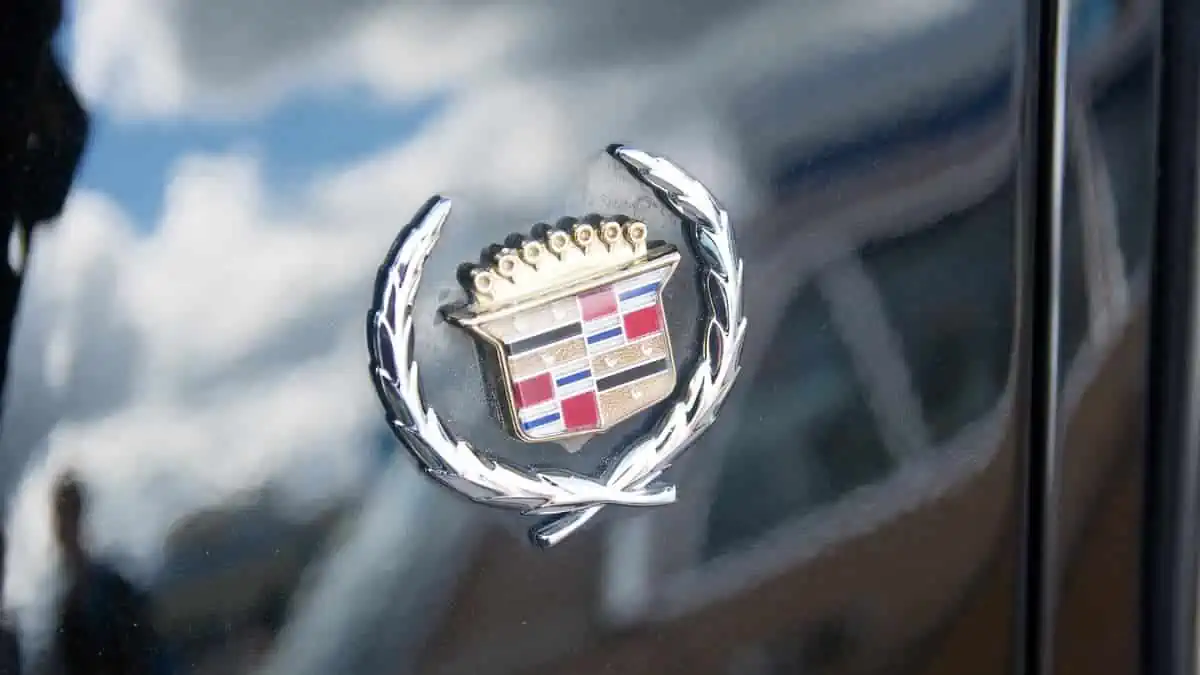A Toyota-led consortium announced it would receive millions in funding for the hydrogen fuel cell Hilux pickup truck development in the UK.
Within the scope of the funding bid, initial prototype Hilux vehicles will be produced at Burnaston during 2023. Once successful performance results have been secured, the intention is to prepare the vehicle for small series production.
Toyota
H2-powered vehicle to be produced at Burnaston next year
The consortium, led by Toyota Motor Manufacturing UK (TMUK), is receiving around $7 million in industry funding and a similar amount from the UK government to develop the hydrogen fuel cell pickup truck, according to Hydrogen Fuel News.
Notably, D2H, ETL, Ricardo, and Thatcham Research, are also involved in the consortium. Though technically speaking, TMUK is leading the initiative. The carmaker specified that Toyota Motor Europe R&D would offer “technical support.”
New hydrogen fuel cell vehicle ideal for isolated areas
Originally, the Hilux was laid out in the 1960s. Since that time, there have been versions of the pickup truck. According to the UK government, Hilux’s new hydrogen fuel cell-powered version would be “ideal for use in isolated settings where electric vehicle charging is impractical.”
The recent announcement is the latest the automaker released regarding the H2 vehicle sector. Since 1992, the company has been working on H2 use for powering vehicles. Toyota’s first hydrogen car model, the Mirai, was released to the public in 2014. Since then, the sedan has seen a new model generation and limited production, drawing significant global interest.
Toyota develops other types of hydrogen-powered vehicles
Aside from H2 passenger vehicles, Toyota is also developing other types of vehicles powered by this emission-free fuel cell, including a bus model, Sora, and some heavy-duty truck prototypes.
In addition, the brand has been looking into H2 use in internal combustion engines (ICE).
Toyota sees a future in hydrogen fuel cell vehicles
The company clarified that even as other automakers have opted for battery electric options exclusively to cater to drivers looking for carbon emission-free vehicles, it sees a future in H2.
There have been many reasons for this, from improved range and power to issues of H2 availability in electric grid access.
While EVs in the passenger vehicle market has a significant early lead over those powered by H2, experts are beginning to see that this trend may experience a notable change, specifically in certain markets where the reliability of electricity is becoming more expensive and is less than ideal.
Still, while there is a chance that hydrogen fuel cell vehicles could catch up to or even take the lead of electric vehicles, the key is that car manufacturers see the option that best serves the markets where they plan to sell.
Some countries set dates by which new fossil fuel-powered vehicles will no longer be able to be sold. Hence, automakers need to identify what customers will look for from their cars as an alternative and ensure that those new models can offer.
Moreover, Toyota said that it “will continue to make every effort to flexibly meet the needs,” of drivers in countries and regions by providing multiple powertrains and offering as many options as possible.






